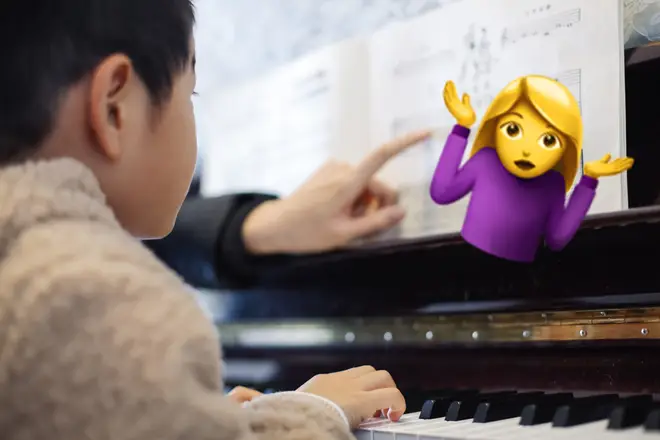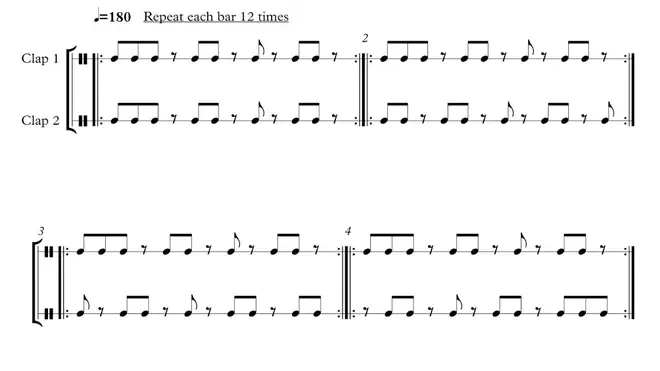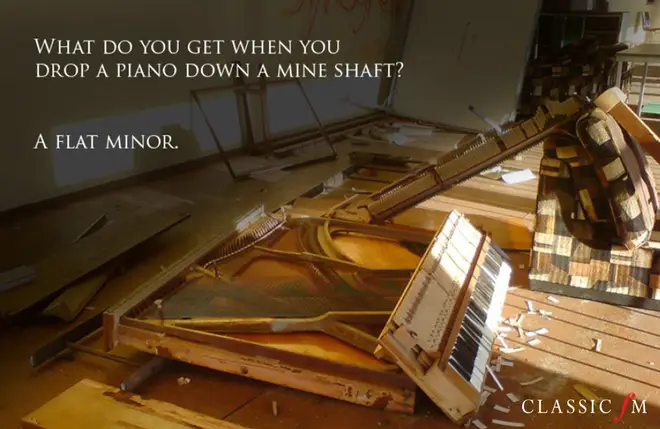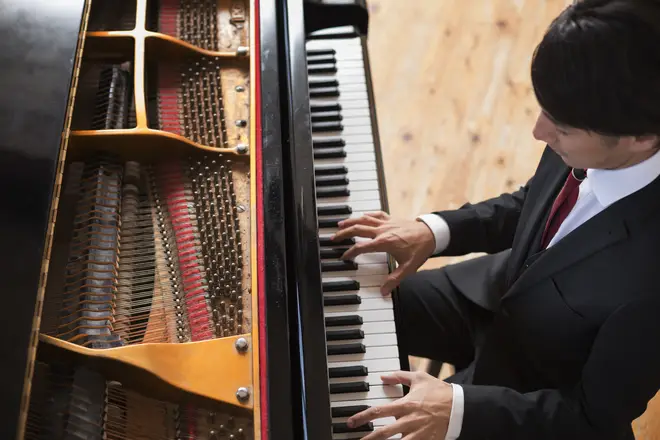Why should I learn to read music?
4 September 2018, 16:59 | Updated: 4 September 2018, 17:01

Learning how to read music can be one of the best ways to train your brain – but it can also have a huge impact on other areas of your life, like confidence and fitness (trust us).
-
You’ll have a better understanding of the music you listen to
Have a listen to this performance of Steve Reich’s famous clapping music:

Steve Reich • Clapping Music
It’s just a load of clapping, right? Now, have a look at the score:
Steve Reich's clapping music. Picture: YouTube It’s only a small section of the whole piece, but you can now start to see how the parts overlap with each other, creating complex rhythms that eventually come together in unison.
Being able to read music means you can see and understand the structure of the piece and how it’s put together, allowing you to develop a greater understanding of the whole composition.
-
It can ramp up your social life
When it comes to your free time, being able to read music opens up so many doors. Looking for something to do on Sunday afternoons? Join a local choir. Constantly finding yourself at a loose end on Tuesday nights? Have a look at orchestras in your area.
Then, you and all your new music friends will be able to make fun, geeky jokes together. Logic: if your current friends don’t appreciate your A flat minor jokes, they’re probably not the kind of friends you want to be hanging out with anyway.
A flat minor. Picture: Classic FM -
Being able to read music helps in music education
Even if you know next-to-nought about music, learning how to read and write a melody can make actually studying music a lot less daunting.
Most kids learn how to write, draw and play throw and catch so that they can access art, sport and literature on a basic level. We reckon the same should apply for music.
Music student playing the piano. Picture: Getty -
It helps you understand history and culture
Music education isn’t just about music; it’s great for brushing up on your history, and allows you to immerse yourself in new and interesting aspects of culture which you may otherwise have never been aware of.
For instance, you could learn more about how in the classical period, the music reflected the architectural style of the period with its perfect symmetry and structure; while in the romantic era, the music, like the buildings it was played in, gradually became more extravagant, like this epic 19th-century palace:
Palacio da Pena (Sintra, Portugal). Picture: Getty -
Learning and performing music boosts your self-esteem…
Learning how to read and play music teaches you some pretty important life skills, like self discipline and perseverance – but it’s also a huge confidence-booster.
Sure, reading music isn't essential for performing (just take a look at Pavarotti), but the process of practising how to play and perform a piece of music is immensely satisfying, and allows you to express yourself more openly.
Plus, performing and practising are great stress relievers, because absolutely everything you’re thinking and feeling at that moment goes into what you’re playing. It’s exhausting, but really good for the mind.
via GIPHY -
… and has physical benefits
Sure, it’s not the most conventional (or perhaps, efficient) way to work out, but learning to play an instrument has huge physical benefits. It improves your muscle memory and coordination, making other physical activities less taxing. Plus, if you play a wind instrument, you’ll be increasing the strength of your respiratory system without even realising it.
So next time someone asks you how you managed to get a six pack, just tell them: circular breathing.













































